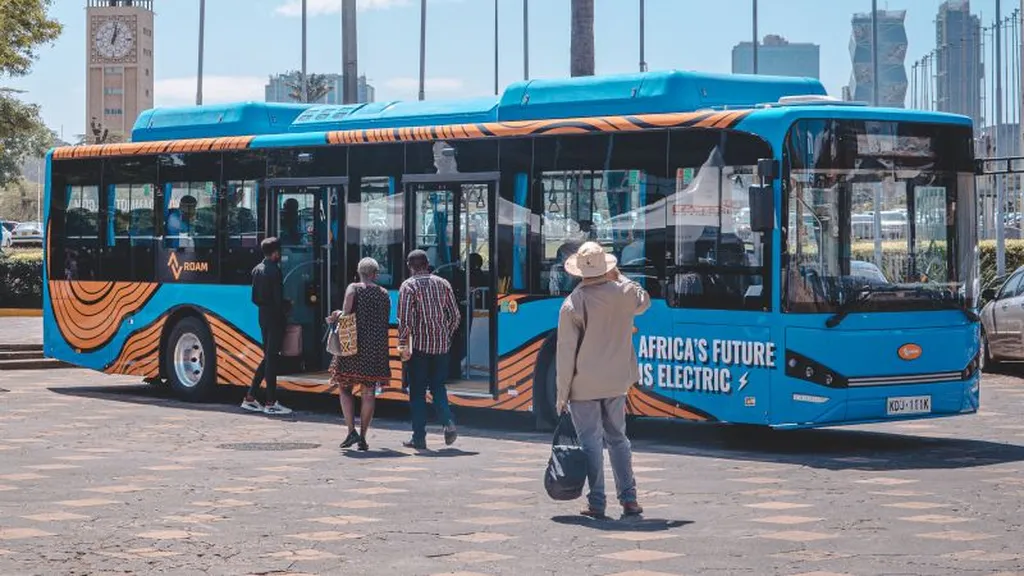In a groundbreaking development poised to reshape urban energy management, researchers have introduced a novel model that seamlessly integrates electric buses into both transportation and energy distribution networks. This innovative approach, detailed in a recent study published in the journal *Energy Exploration & Exploitation*, offers a dual solution to modern urban challenges: efficient public transit and reliable energy supply.
The research, led by Mohammed Alqahtani, proposes an adaptive energy management and vehicle routing system that leverages electric buses equipped with distributed energy resources, such as batteries and solar panels. These buses not only transport passengers but also serve as mobile energy hubs, capable of delivering power to various locations as needed. “This model is the first of its kind,” Alqahtani explains, “as it simultaneously addresses transportation and energy demands under spatial and temporal complexities, a gap that existing literature has not yet filled.”
The study employs mixed-integer linear programming to optimize the deployment of these electric buses, ensuring they meet both transportation and energy requirements efficiently. The results are promising: simulations show that the network can reduce operating costs by up to $40,000, cut CO2 emissions by as much as 40 tons, and decrease traffic volume by 16,000 automobiles. These metrics highlight the model’s potential to significantly lower energy expenses, minimize environmental impact, and alleviate urban congestion.
For the energy sector, the implications are substantial. The ability to dynamically distribute energy loads across different sites at different times introduces a new level of flexibility and resilience into the grid. “This approach could revolutionize how cities manage their energy resources,” Alqahtani notes, “especially in areas prone to power outages or high demand fluctuations.”
The research suggests that integrating electric vehicles into the energy infrastructure could become a cornerstone of smart grid technology. By doing so, cities can not only enhance their transportation systems but also create a more sustainable and efficient energy ecosystem. As urban populations grow and energy demands rise, such innovations will be crucial in shaping the future of urban planning and energy management.
This study, published in *Energy Exploration & Exploitation*, marks a significant step forward in the quest for sustainable urban solutions. It sets the stage for further exploration into how electric vehicles can be harnessed to support broader energy and transportation goals, ultimately paving the way for smarter, greener cities.

